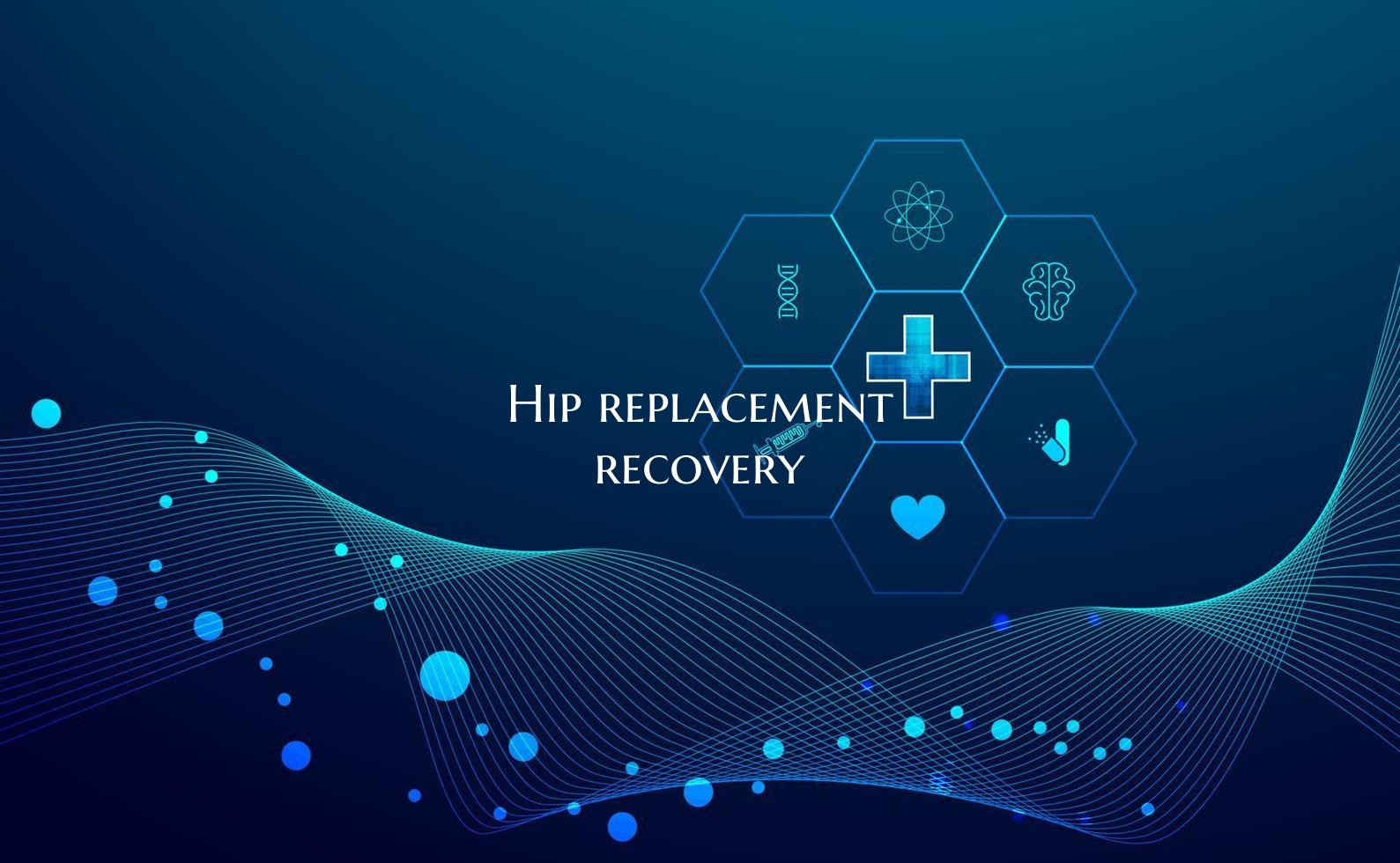
Hip replacement recovery
Hip replacement surgery can improve your quality of life by relieving pain and restoring mobility. However, the road to full recovery requires patience, effort, and proper care. Understanding what to expect during hip replacement recovery and preparing for the journey can help make the process smoother and more successful.
Initial Recovery Phase: Following surgery, you will likely stay in the hospital for a few days for monitoring and initial rehabilitation. During this time, pain management, wound care, and physical therapy will be crucial aspects of your recovery. You may experience some discomfort and difficulty moving around at first, but the medical team will provide support and guidance to aid in your initial recovery.
Home Recovery and Rehabilitation: After being discharged from the hospital, you will continue your recovery at home. Your healthcare provider will give you specific instructions on wound care, medication management, and recommended activities. Physical therapy plays a key role in the rehabilitation process, helping you regain strength, flexibility, and mobility in your hip joint. Consistent exercise and daily movement are essential for a successful recovery.
Managing Pain and Discomfort: Pain and discomfort are common during the initial stages of hip replacement recovery. It is important to follow your healthcare provider's recommendations for pain management, which may include medications, icing, and other techniques. Communicate any concerns or changes in your pain levels to your healthcare team to ensure you receive appropriate care and support.
Precautions and Restrictions: During the recovery period, you will need to follow certain precautions and restrictions to protect your new hip joint. Your healthcare provider may advise you on how to move safely, avoid certain activities that could strain the joint, and use assistive devices like walkers or canes as needed. Adhering to these precautions can help prevent complications and support a smooth recovery process.
Monitoring and Follow-Up Care: Regular follow-up appointments with your healthcare provider are essential for monitoring your progress and addressing any concerns that may arise during recovery. These appointments allow your medical team to track your healing, adjust your treatment plan as needed, and provide guidance on transitioning back to normal activities.
Emotional Support and Patience: Recovering from hip replacement surgery can be challenging both physically and emotionally. It is normal to experience a range of emotions during this time, including frustration, impatience, and anxiety. Seeking support from loved ones, joining a support group, or talking to a mental health professional can help you navigate these feelings and stay positive throughout your recovery journey.
Healthy Lifestyle Choices: Maintaining a healthy lifestyle can contribute to a smoother and faster recovery process. Eating a nutritious diet, staying hydrated, getting enough rest, and avoiding smoking and excessive alcohol consumption can support your body's healing and recovery efforts. Physical activity, as recommended by your healthcare provider, can also help improve your overall strength and well-being.
In conclusion, hip replacement recovery requires time, effort, and dedication. By following your healthcare provider's guidance, staying active, managing pain effectively, and taking care of your overall health, you can make the recovery process as smooth and successful as possible. Remember to be patient with yourself, celebrate small victories along the way, and trust that with time and proper care, you can regain mobility and enjoy a better quality of life after hip replacement surgery.